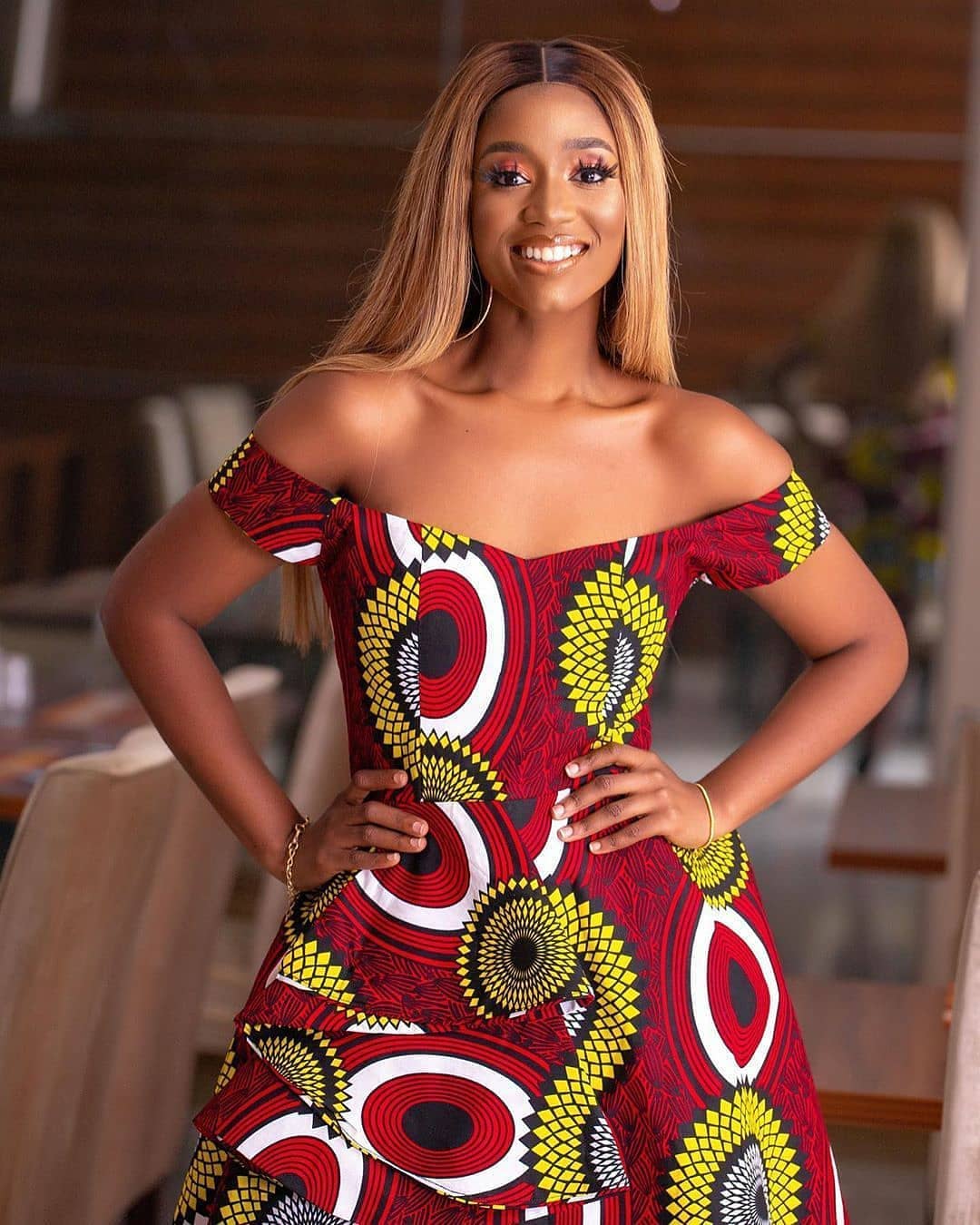African dresses for women have become a significant symbol of cultural identity, vibrant expression, and fashion innovation. These beautiful garments reflect the rich heritage of the African continent, showcasing diverse patterns, colors, and styles that vary from region to region. As global interest in African fashion continues to grow, so does the appreciation for the artistry and craftsmanship that goes into creating these stunning outfits.
The unique designs of African dresses not only highlight cultural significance but also offer a modern twist that appeals to women of all ages. From traditional attire worn during ceremonies to contemporary pieces suitable for everyday wear, African dresses provide a versatile wardrobe option that can be both stylish and comfortable. In this comprehensive article, we will explore the various types of African dresses, their cultural importance, and how to incorporate them into your wardrobe.
Whether you are looking for a statement piece for an event or a casual outfit for everyday wear, African dresses for women cater to a wide range of tastes and preferences. Join us as we delve into the world of African fashion and discover the beauty that lies within these exquisite garments.
Table of Contents
- 1. The Rich Heritage of African Dresses
- 2. Types of African Dresses
- 3. Fabrics and Patterns Used in African Dressmaking
- 4. How to Style African Dresses
- 5. Celebrating African Dresses in Modern Fashion
- 6. Tips for Choosing the Right African Dress
- 7. Where to Buy African Dresses
- 8. Conclusion: Embrace the Beauty of African Dresses
1. The Rich Heritage of African Dresses
African dresses have a profound cultural significance that dates back centuries. They are often worn during important life events such as weddings, religious ceremonies, and cultural festivals. Each region in Africa boasts its unique styles that tell stories of heritage, social status, and community. For example, the Kente cloth from Ghana is known for its intricate patterns and vibrant colors, symbolizing wealth and prestige.
The Cultural Significance
Understanding the cultural context of African dresses is crucial. Many designs are not merely fashion statements; they represent the identity and history of ethnic groups. Traditional attire often incorporates specific colors and symbols that convey messages of unity, resilience, and cultural pride.
Modern Adaptations
While traditional African dresses maintain their importance, modern adaptations have emerged, blending traditional elements with contemporary fashion. Designers are now creating pieces that appeal to a global audience while preserving the essence of African culture.
2. Types of African Dresses
There are various types of African dresses that cater to different occasions and personal styles. Here are some popular types:
- Kente Dresses: Made from Kente cloth, these dresses are colorful and often worn during special ceremonies.
- Dashiki: A loose-fitting garment with beautiful patterns, the Dashiki is perfect for casual wear or festive occasions.
- Boubou: Common in West Africa, the Boubou is a flowing robe that can be worn by both men and women.
- Ankara Dresses: Made from vibrant, printed cotton fabric, Ankara dresses are popular for their versatility and style.
3. Fabrics and Patterns Used in African Dressmaking
The fabrics and patterns used in African dresses are integral to their appeal. Here's a closer look at some commonly used materials:
- Wax Print Fabric: Known for its bright colors and unique patterns, wax print fabric is widely used in African dressmaking.
- Batik: A traditional fabric-dyeing technique that creates intricate designs, Batik is popular in several African countries.
- Kente Cloth: This handwoven fabric features geometric patterns and is often associated with the Ashanti people of Ghana.
4. How to Style African Dresses
Styling African dresses can be fun and creative. Here are some tips to help you elevate your look:
- Accessorize Wisely: Use bold jewelry, such as earrings and necklaces, to complement the vibrant colors of your dress.
- Layer with Confidence: Pair your dress with a stylish jacket or shawl for a chic layered look.
- Footwear Choices: Choose footwear that balances comfort and style, such as sandals or heels, depending on the occasion.
5. Celebrating African Dresses in Modern Fashion
As African fashion gains recognition on global platforms, many designers are celebrating the beauty of African dresses. Fashion weeks and events showcase collections that highlight traditional designs fused with modern aesthetics. This celebration not only promotes African culture but also inspires a new generation of designers and fashion enthusiasts.
6. Tips for Choosing the Right African Dress
Selecting the perfect African dress involves considering a few key factors:
- Body Type: Choose styles that flatter your body shape and enhance your features.
- Occasion: Consider the event you are attending and select a dress that suits the formality of the occasion.
- Comfort: Prioritize comfort by choosing fabrics that feel good against your skin.
7. Where to Buy African Dresses
With the rise of online shopping, finding African dresses has become easier than ever. Here are some trusted places to consider:
- Local Boutiques: Explore boutiques that specialize in African fashion for unique finds.
- Online Retailers: Websites like Etsy, Amazon, and specialized African fashion sites offer a wide selection of dresses.
- Fashion Events: Attend fashion shows and markets that focus on African fashion to discover new designers.
8. Conclusion: Embrace the Beauty of African Dresses
In conclusion, African dresses for women are not just clothing; they are a celebration of culture, history, and creativity. By embracing these beautiful garments, you can connect with the rich heritage of Africa while showcasing your unique style. We encourage you to explore the world of African fashion and incorporate these stunning pieces into your wardrobe. Don't forget to leave a comment below, share this article with friends, or read more about fashion trends on our site!
Thank you for joining us on this journey through the vibrant world of African dresses. We hope to see you back soon for more exciting fashion insights!




